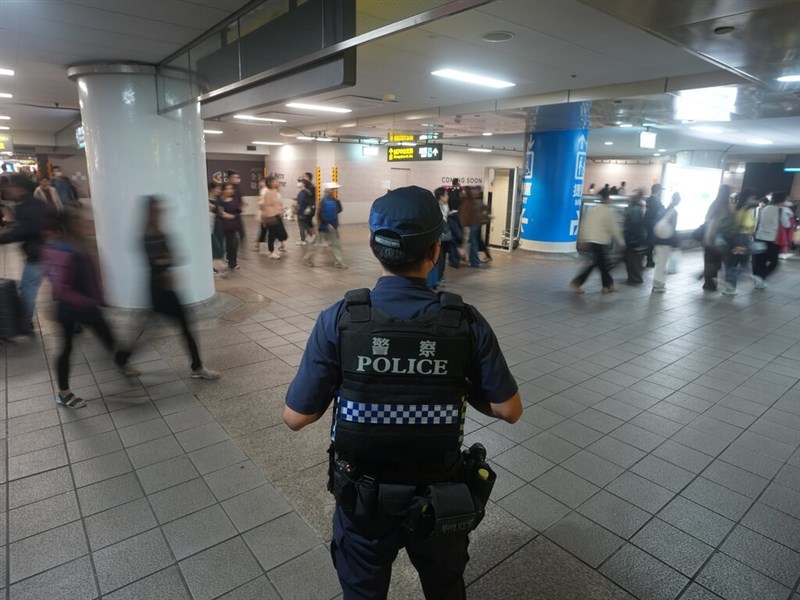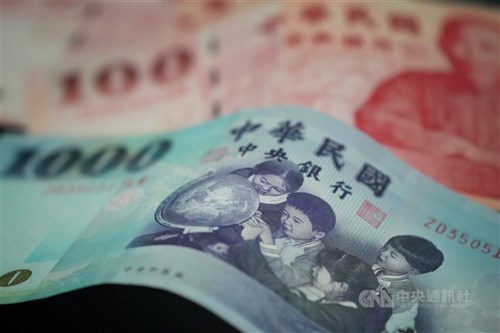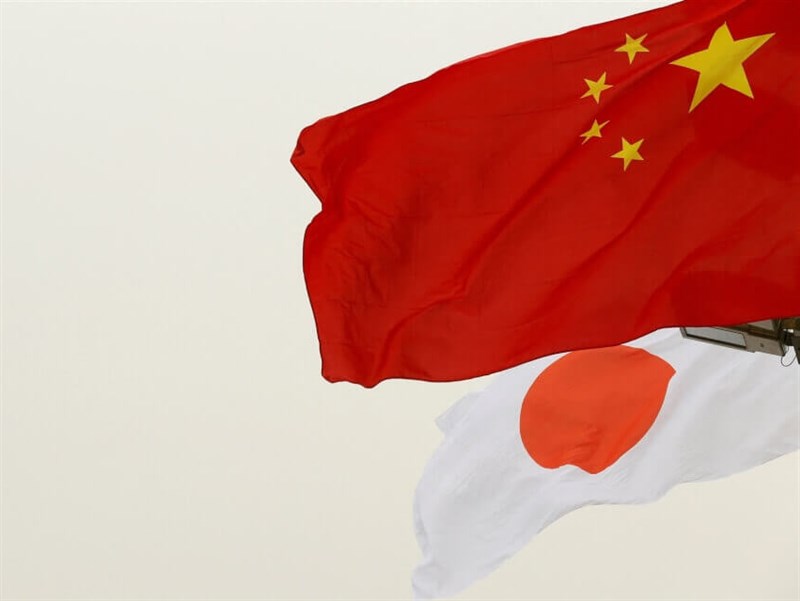ANALYSIS/KMT vice president pick could be double-edged sword, analysts warn
11/29/2023 06:16 PM
"If elected, I won't be a voiceless vice president," declared Jaw Shau-kong (趙少康), the once political "golden boy," shortly after being named as the Kuomintang's (KMT) vice presidential candidate on the last day of registration for Taiwan's 2024 presidential election.
(Full text of the story is now in CNA English news archive. To view the full story, you will need to be a subscribed member of the CNA archive. To subscribe, please read here.)
More in ANALYSIS
![Taipei knife attack reveals gaps in Metro police deployment]() Taipei knife attack reveals gaps in Metro police deploymentWhen 27-year-old Chang Wen (張文) set off smoke grenades and stabbed bystanders inside the Taipei Main Station's MRT station and near MRT's Zhongshan Station, police were slow to respond, raising questions about the Taipei MRT system's security.12/26/2025 06:19 PM
Taipei knife attack reveals gaps in Metro police deploymentWhen 27-year-old Chang Wen (張文) set off smoke grenades and stabbed bystanders inside the Taipei Main Station's MRT station and near MRT's Zhongshan Station, police were slow to respond, raising questions about the Taipei MRT system's security.12/26/2025 06:19 PM![Fintech expert urges NTD stablecoin to protect monetary sovereignty]() Fintech expert urges NTD stablecoin to protect monetary sovereigntyA fintech expert in Taiwan has called for the issuance of a New Taiwan dollar (NTD) stablecoin, saying it is vital for safeguarding Taiwan's monetary sovereignty and reinforcing the country's industrial competitiveness.12/14/2025 04:15 PM
Fintech expert urges NTD stablecoin to protect monetary sovereigntyA fintech expert in Taiwan has called for the issuance of a New Taiwan dollar (NTD) stablecoin, saying it is vital for safeguarding Taiwan's monetary sovereignty and reinforcing the country's industrial competitiveness.12/14/2025 04:15 PM![China-Japan diplomatic spat not what it seems: Taiwan experts]() China-Japan diplomatic spat not what it seems: Taiwan expertsJapan's first female prime minister, Sanae Takaichi, has faced rising friction with China during her first month in office, with Taiwan unexpectedly pulled into the fray.11/21/2025 06:58 PM
China-Japan diplomatic spat not what it seems: Taiwan expertsJapan's first female prime minister, Sanae Takaichi, has faced rising friction with China during her first month in office, with Taiwan unexpectedly pulled into the fray.11/21/2025 06:58 PM
Latest
- Politics
- Politics
KMT denies tension after TPP's Huang joins New Taipei mayor race
12/28/2025 08:02 PM - Society
Snow-chasing rider fined for bringing horse onto Wuling highway
12/28/2025 07:19 PM - Politics
Ministry faulted for delayed response to starfish outbreak on Dongsha
12/28/2025 04:47 PM - Cross-Strait
Taipei mayor calls for 'peace and prosperity' at Shanghai forum
12/28/2025 04:04 PM


